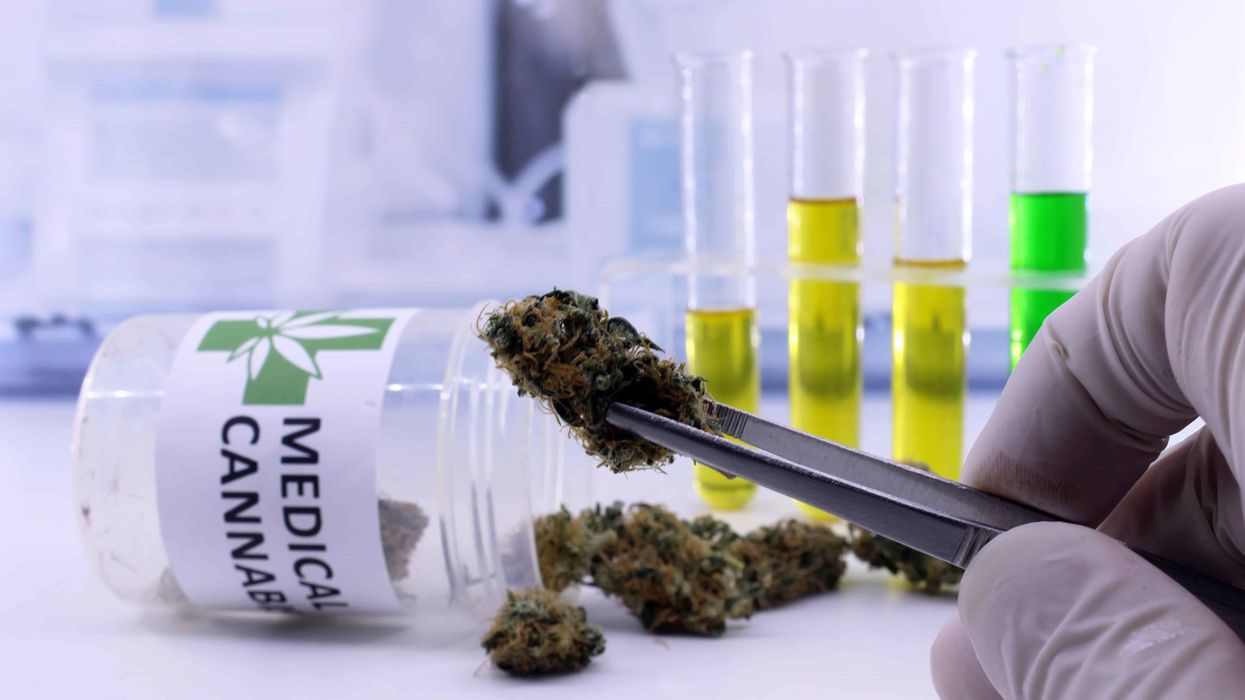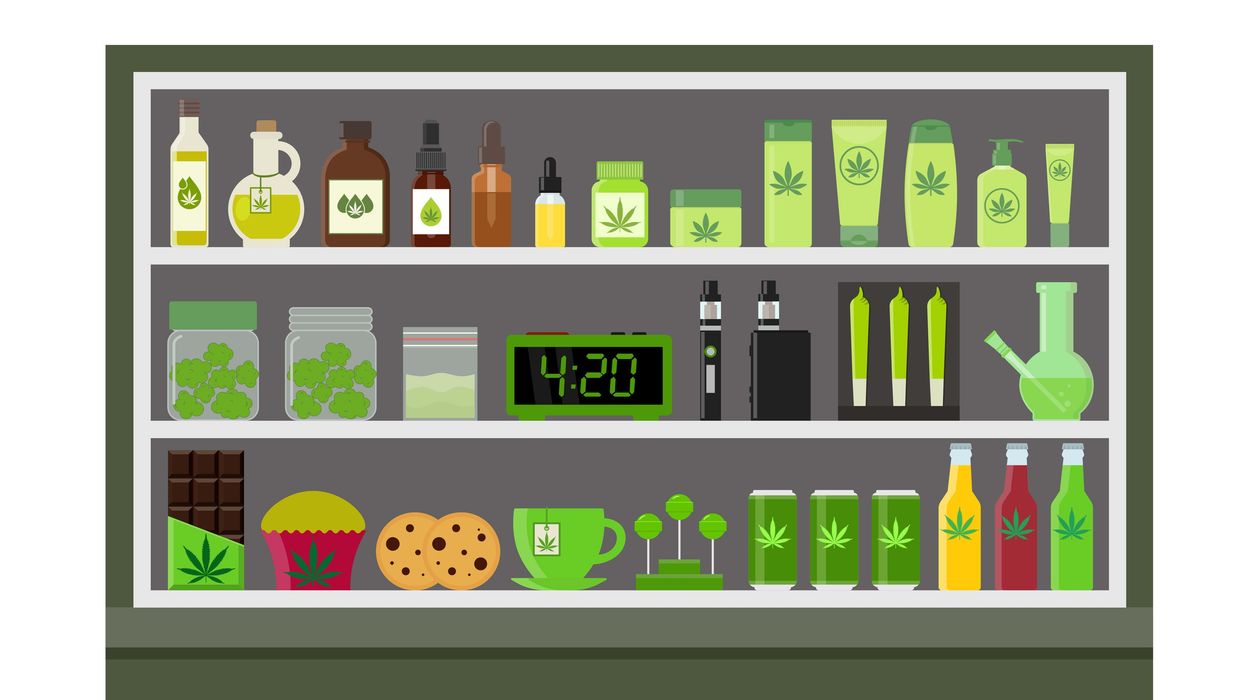As New York meticulously works to shape its adult-use cannabis industry regulations, the goal is to create a paradigm industry, building on the lessons-learned of previous markets.
However, missteps are inevitable.
New York’s recent amendment to cannabis testing standards – which dramatically loosened up the requirements – have operators and industry experts across the nation scratching their heads at the adjustments.
New York cannabis regulators loosen testing standards…too much?
In response to cannabis legalization and the need for subsequent regulations, New York’s Office of Cannabis Management (OCM) initially set stringent standards for laboratory testing – standards that were so stringent, growers throughout the state began loudly voicing their concerns.
Cannabis growers claimed that the testing limits – specifically in regards to aerobic bacterial, yeast, and mold counts – were so strict, there was little-to-no chance anyone would be able to pass and remain operable and successful.
The OCM heard and listened to the growers, countering with an amendment that has become a notable concern in the completely opposite direction.
The state eliminated the pass/fail limits associated with the Total Viable Aerobic Bacteria Count and Total Yeast and Mold Count for unextracted cannabis products – an amendment that is so loose and unchallenging, it could result in a statewide industry that is unreliable, unaccountable, and potentially dangerous for consumers.
“New York’s initial testing standards were so strict, they were making it difficult for products to be able to move through the market. The pendulum was swinging too far in regards to requirements – more specifically in the microbiological arena,” said president of ACS Laboratory Roger Brown.
“I think it was a mistake to set the standards so high in the first place, but it’s also a mistake for the state to eliminate the pass/fail limits. Consumers and patients want to know that the product they’re purchasing is safe for human consumption: free of specific harmful microbes that could cause healthcare problems. So, you loosen up those standards and say there’s no more pass/fail for product…but what happens if, objectively, it fails?”
New York’s too-loose standards may sacrifice the state national industry credibility
This amendment to New York’s laboratory standards – which many industry experts are viewing as an overcorrection – has the potential to be problematic not only on a statewide level, but at the national purview as well.
“What if a New York product makes it through the state’s testing process, but it fails Florida’s or California’s standards, which are two of the most reliable in the country? That in itself is problematic, because it isn’t conducive to creating a national standard that people will have to follow – especially when the plant is legal on a federal level,” Brown said.
“Unfortunately, cannabis is still stigmatized as an illegal drug, and because of that, federal legalization hasn’t been achieved. But we’re moving closer to that reality, and until then, states are really looking at California and Florida and seeing how those programs are working, and how they’ve held the ability to regulate, monitor, and enforce those rules.”
This is somewhat new for our nation, as several industries look to New York as the grand dame of standards and operations. However, the usually-more-experienced state is uncharacteristically new to the regulated cannabis industry, and as a result, can benefit more from listening and learning rather than attempting to forge their own path.
“Florida and California standards work in the marketplace. They’re not complex; they’re not multilevel. They’re clear and concise when it comes to what needs to be done,” Brown said.
While Brown doesn’t believe New York’s loosened testing standards will have a direct effect on the market or diminish people’s view on the plant’s credibility, he worries that in the long-run, the increased possibility of a harmful worst-case scenario just might.
“The biggest concern with New York’s loosened standards is the possible collateral damage it could do to the industry and its consumers. If not properly vetted, microbiological issues can be major for anyone with breathing problems or asthma. Hopefully there won’t be any big issues that arise from this, but regulations are definitely good to have in place. It keeps everyone spot on and honest,” Brown said.
“Unfortunately, when you don’t have standards, it allows people the ability to run free with whatever it is they’re doing. Growers are interested in selling product, and they may live up to certain internal standards despite New York’s lax approach, but there will always be those entities who are happy with skating by on the bare minimum – and that’s where danger may arise.”
Need a little more Bluntness in your life? Subscribe for our newsletter to stay in the loop.














 Erven's Angela BaconPhoto: Cindy Trinh 2024 | Erven
Erven's Angela BaconPhoto: Cindy Trinh 2024 | Erven Erven's Solonje Burnett Photo: Cindy Trinh 2024 | Erven
Erven's Solonje Burnett Photo: Cindy Trinh 2024 | Erven

